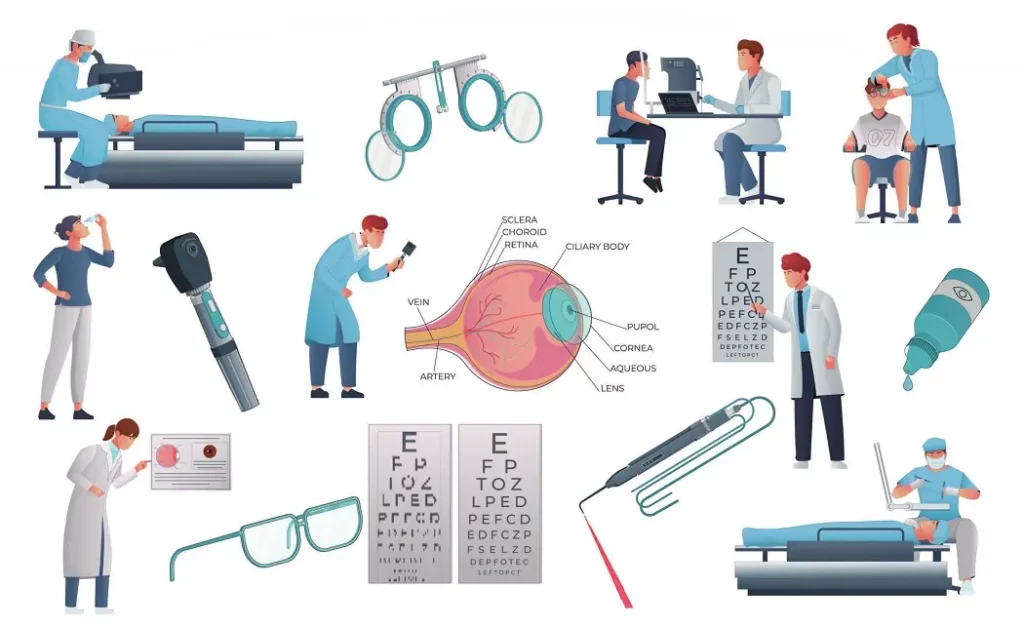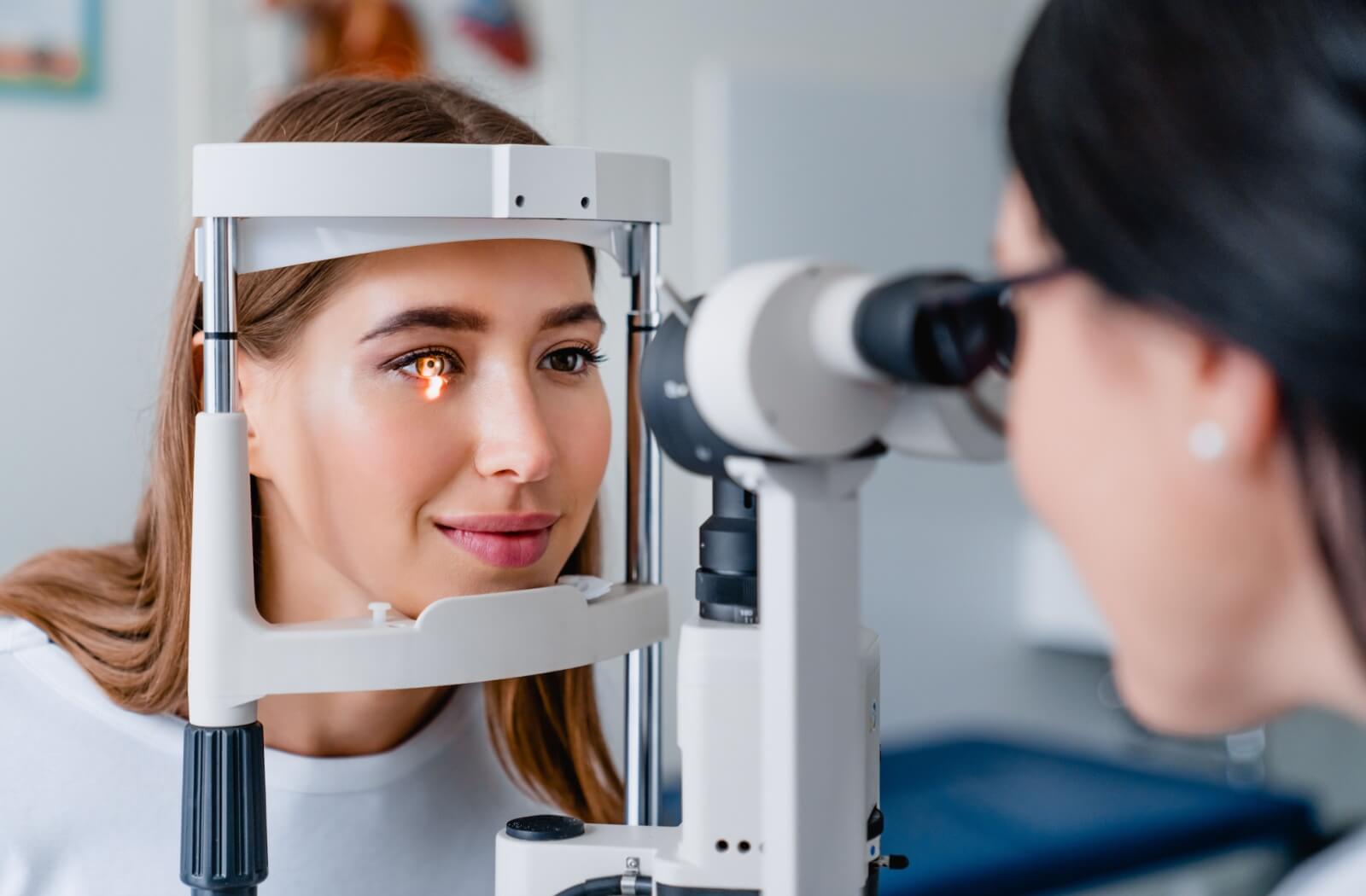All Categories
Featured
Reduced vision, a problem where standard glasses, get in touch with lenses, or surgical treatment can not totally bring back view, can make everyday activities testing. Reduced vision recovery supplies a range of resources to help people preserve their independence and quality of life. This article discovers the options readily available for those looking for support in managing their aesthetic impairments.
What Is Reduced Vision Recovery?
Reduced vision recovery is an organized approach to assist individuals maximize their staying vision and adapt to brand-new methods of doing everyday tasks. Professionals function with clients to create personalized methods, including devices, strategies, and training programs that match their distinct demands.
![]()
Key Options for Low Vision Rehabilitation
Vision Enhancing Gadget
Optical Aids: Instruments like magnifiers, telescopic glasses, and special analysis lenses can improve clarity for reading, writing, and various other close-up tasks.
Electronic Aesthetic Aids: Devices such as electronic magnifiers and mobile video clip magnifiers offer adjustable zoom abilities for various tasks.
Wearable Modern technology: Smart glasses geared up with video cameras and voice comments deal sophisticated options for improving vision.
![]()
Assistive Technology
Display readers, text-to-speech applications, and gadgets with voice commands make innovation obtainable for people with low vision.
Smart device applications, such as navigating aids and things recognition devices, help customers connect with their environments better.
Educating and Therapy
Positioning and Wheelchair Training: Professionals instruct skills for navigating areas safely, including making use of white walking canes or guide pet dogs.
Daily Living Abilities Educating: Recovery programs offer methods for food preparation, cleaning, and personal treatment, making sure that people can do necessary tasks separately.
Aesthetic Abilities Training: Workouts developed to optimize the use of continuing to be peripheral vision can improve visual functionality.
Environmental Adjustments
Changes to living or work areas can substantially enhance accessibility. Instances consist of:
Setting up brighter lighting.
Including high-contrast markings to home appliances.
Setting up furnishings to create clear paths.
Assistance Networks
Emotional and mental assistance is an important component of rehabilitation. Assistance teams, treatment sessions, and counseling services can assist people handle the challenges of vision loss.
![]()
Peer networks connect individuals with similar experiences, promoting a feeling of community and shared understanding.
How to Access Low Vision Rehabilitation Solutions
Low vision recovery services are usually offered by:
Reduced Vision Clinics: Operated by eye doctors and eye doctors concentrating on vision impairments.
Job-related Specialists: Professionals in adjusting jobs and settings to fit private requirements.
Not-for-profit Organizations: Groups such as the American Foundation for the Blind (AFB) or local blindness support companies offer useful resources and referrals.
Conclusion
Living with low vision can really feel frustrating, yet with the ideal support and tools, people can proceed to lead fulfilling lives. Reduced vision recovery provides a variety of resources customized to improve functionality, increase self-confidence, and boost quality of life. Take into consideration getting to out to a specialist or rehab facility to discover the several choices available if you or an enjoyed one is facing the difficulties of low vision. With each other, these solutions make sure that vision loss does not specify or limit one's possibility.
What Is Reduced Vision Recovery?
Reduced vision recovery is an organized approach to assist individuals maximize their staying vision and adapt to brand-new methods of doing everyday tasks. Professionals function with clients to create personalized methods, including devices, strategies, and training programs that match their distinct demands.

Key Options for Low Vision Rehabilitation
Vision Enhancing Gadget
Optical Aids: Instruments like magnifiers, telescopic glasses, and special analysis lenses can improve clarity for reading, writing, and various other close-up tasks.
Electronic Aesthetic Aids: Devices such as electronic magnifiers and mobile video clip magnifiers offer adjustable zoom abilities for various tasks.
Wearable Modern technology: Smart glasses geared up with video cameras and voice comments deal sophisticated options for improving vision.

Assistive Technology
Display readers, text-to-speech applications, and gadgets with voice commands make innovation obtainable for people with low vision.
Smart device applications, such as navigating aids and things recognition devices, help customers connect with their environments better.
Educating and Therapy
Positioning and Wheelchair Training: Professionals instruct skills for navigating areas safely, including making use of white walking canes or guide pet dogs.
Daily Living Abilities Educating: Recovery programs offer methods for food preparation, cleaning, and personal treatment, making sure that people can do necessary tasks separately.
Aesthetic Abilities Training: Workouts developed to optimize the use of continuing to be peripheral vision can improve visual functionality.
Environmental Adjustments
Changes to living or work areas can substantially enhance accessibility. Instances consist of:
Setting up brighter lighting.
Including high-contrast markings to home appliances.
Setting up furnishings to create clear paths.
Assistance Networks
Emotional and mental assistance is an important component of rehabilitation. Assistance teams, treatment sessions, and counseling services can assist people handle the challenges of vision loss.

Peer networks connect individuals with similar experiences, promoting a feeling of community and shared understanding.
How to Access Low Vision Rehabilitation Solutions
Low vision recovery services are usually offered by:
Reduced Vision Clinics: Operated by eye doctors and eye doctors concentrating on vision impairments.
Job-related Specialists: Professionals in adjusting jobs and settings to fit private requirements.
Not-for-profit Organizations: Groups such as the American Foundation for the Blind (AFB) or local blindness support companies offer useful resources and referrals.
Conclusion
Living with low vision can really feel frustrating, yet with the ideal support and tools, people can proceed to lead fulfilling lives. Reduced vision recovery provides a variety of resources customized to improve functionality, increase self-confidence, and boost quality of life. Take into consideration getting to out to a specialist or rehab facility to discover the several choices available if you or an enjoyed one is facing the difficulties of low vision. With each other, these solutions make sure that vision loss does not specify or limit one's possibility.
Latest Posts
Specialist Residential Roof Covering Solutions You Can Trust Fund
Published May 23, 25
1 min read
Expert Residential Roof Covering Solutions You Can Count On
Published May 23, 25
1 min read
Explore Reduce Expenses on Car Maintenance with Montclare Auto Repair’s Special Deals
Published May 23, 25
1 min read
More
Latest Posts
Specialist Residential Roof Covering Solutions You Can Trust Fund
Published May 23, 25
1 min read
Expert Residential Roof Covering Solutions You Can Count On
Published May 23, 25
1 min read
Explore Reduce Expenses on Car Maintenance with Montclare Auto Repair’s Special Deals
Published May 23, 25
1 min read